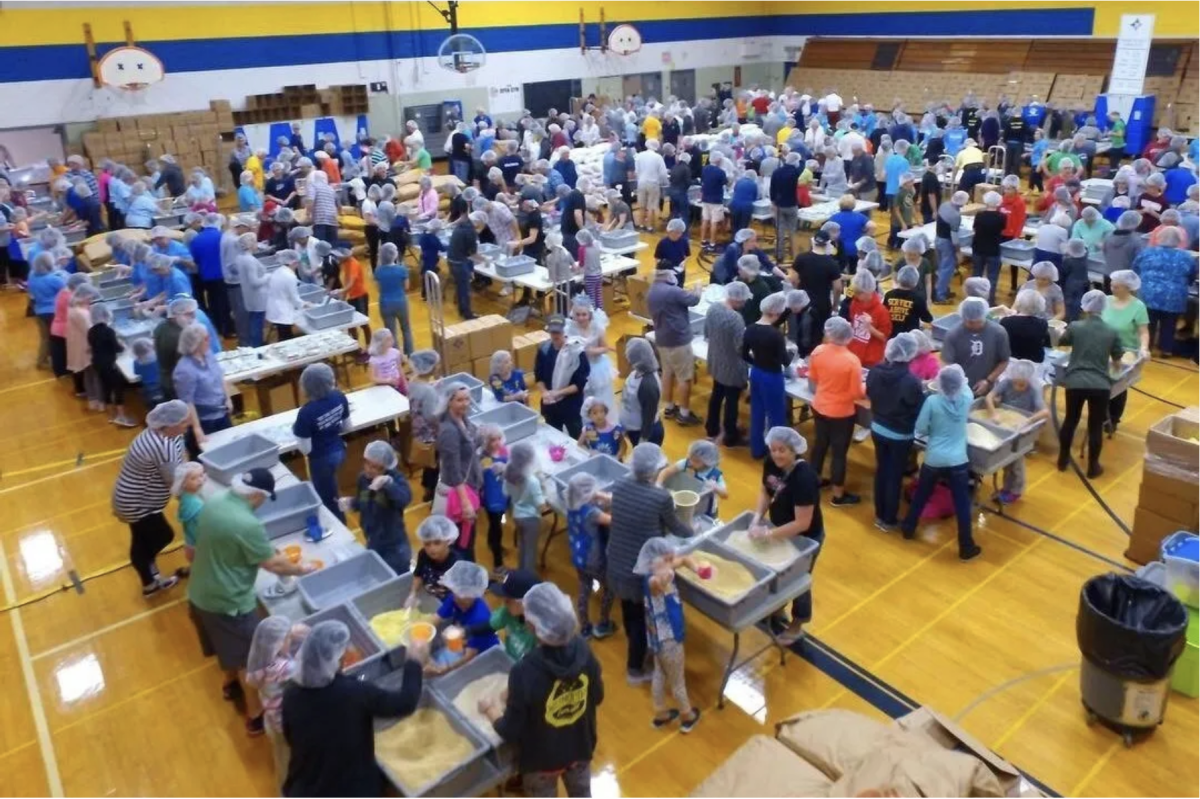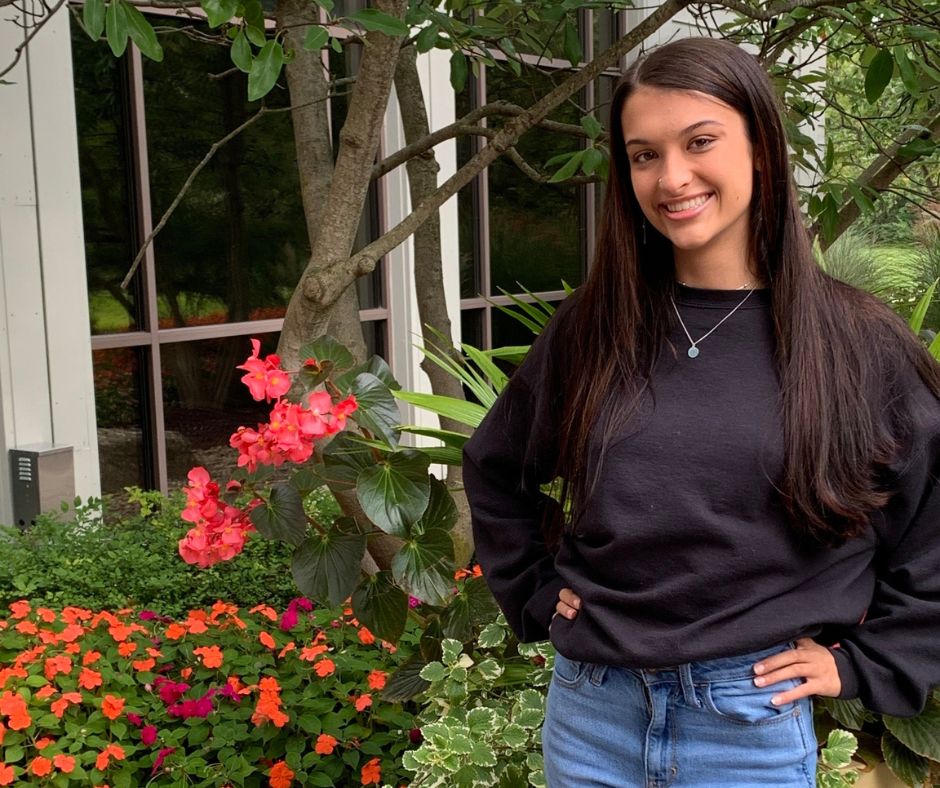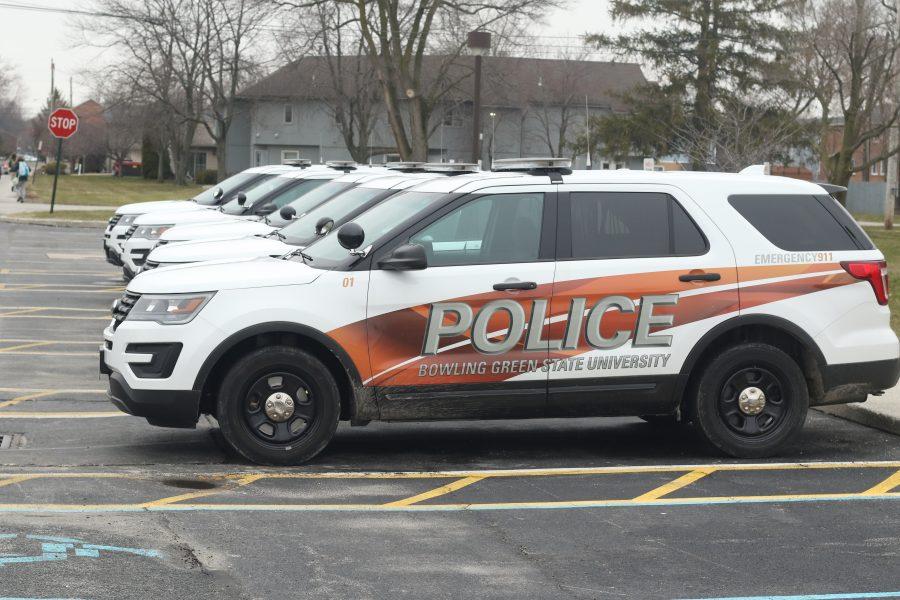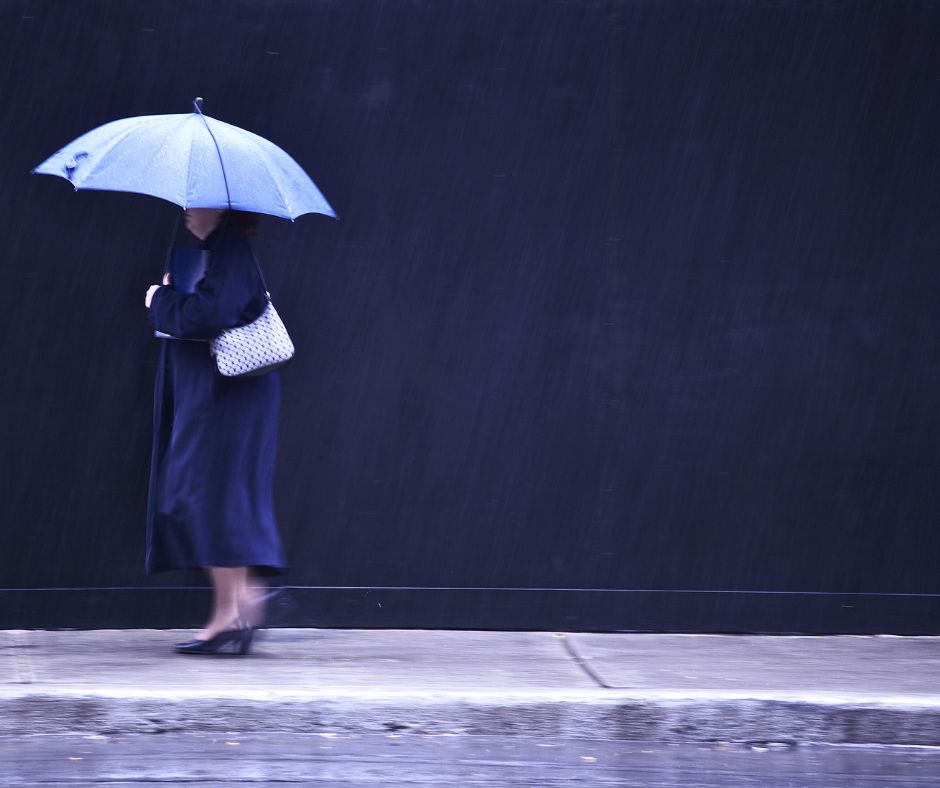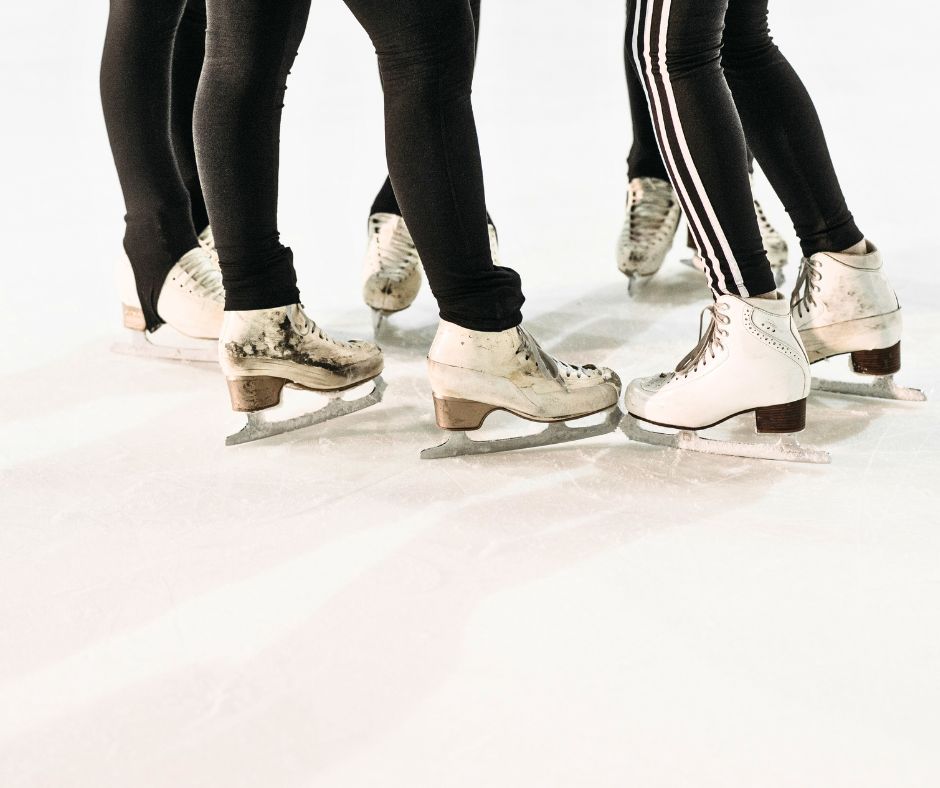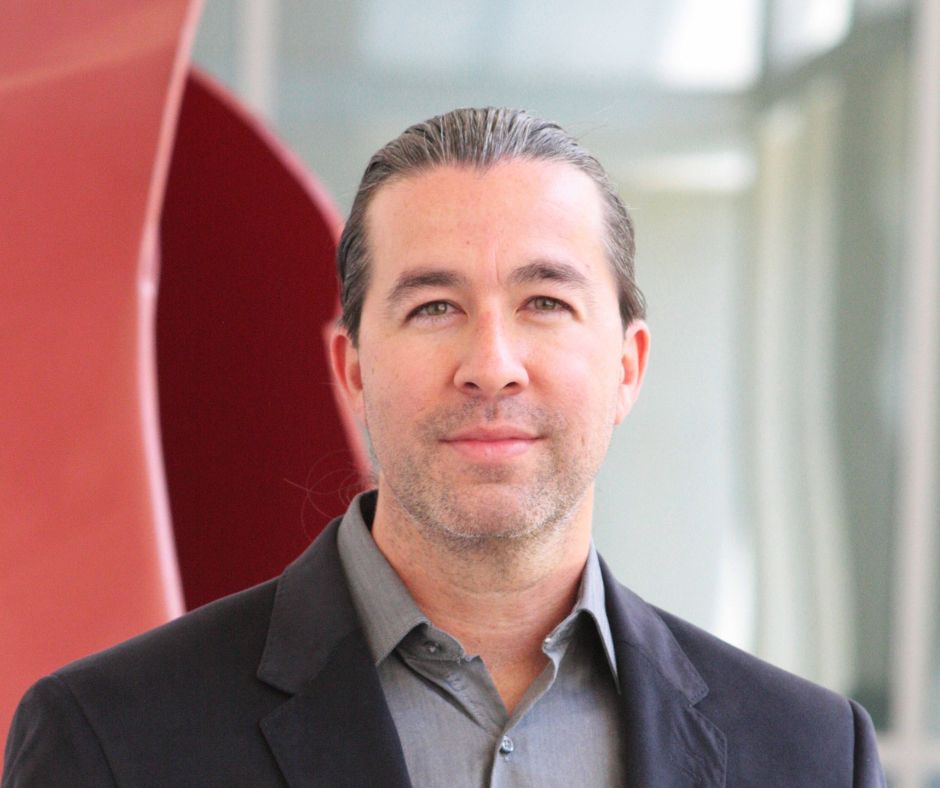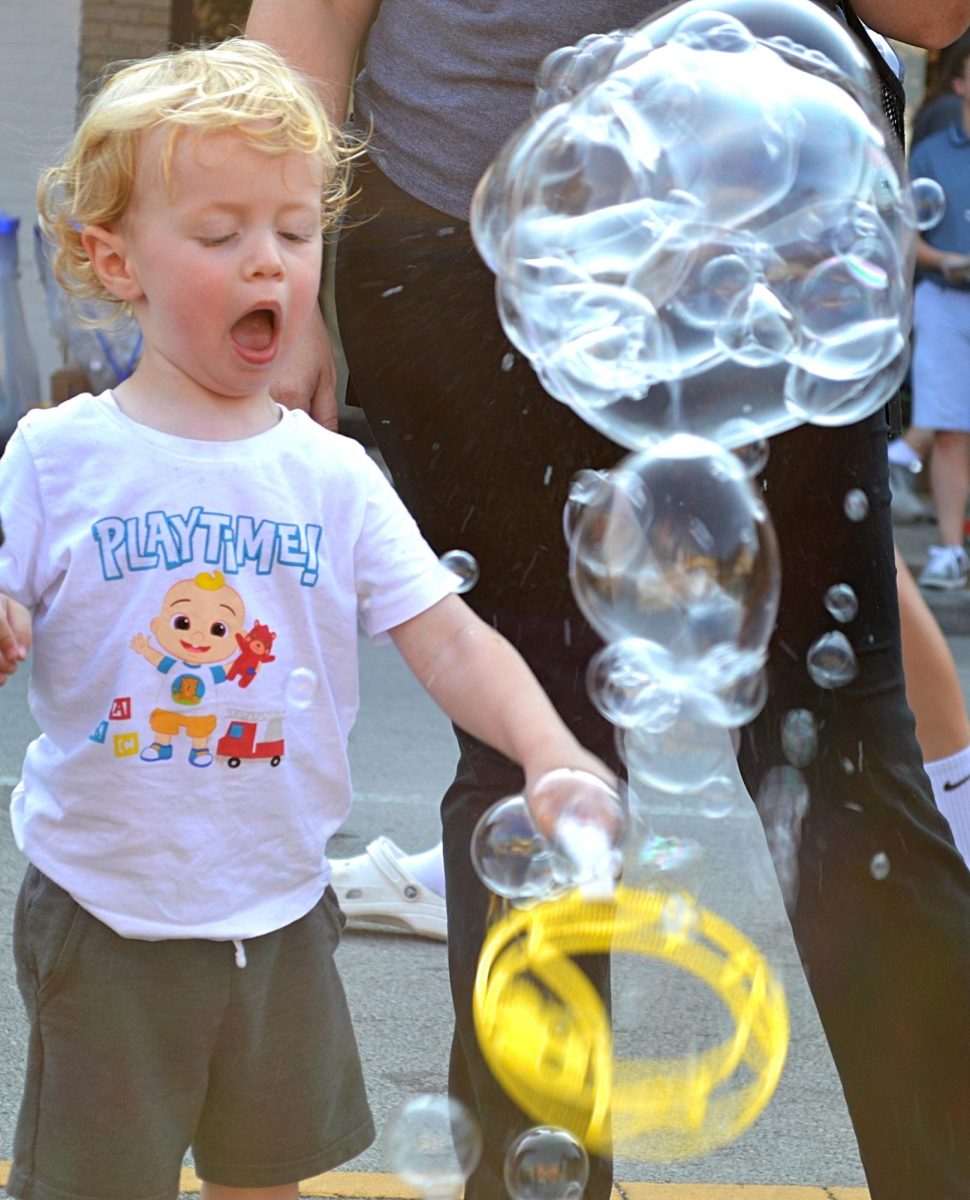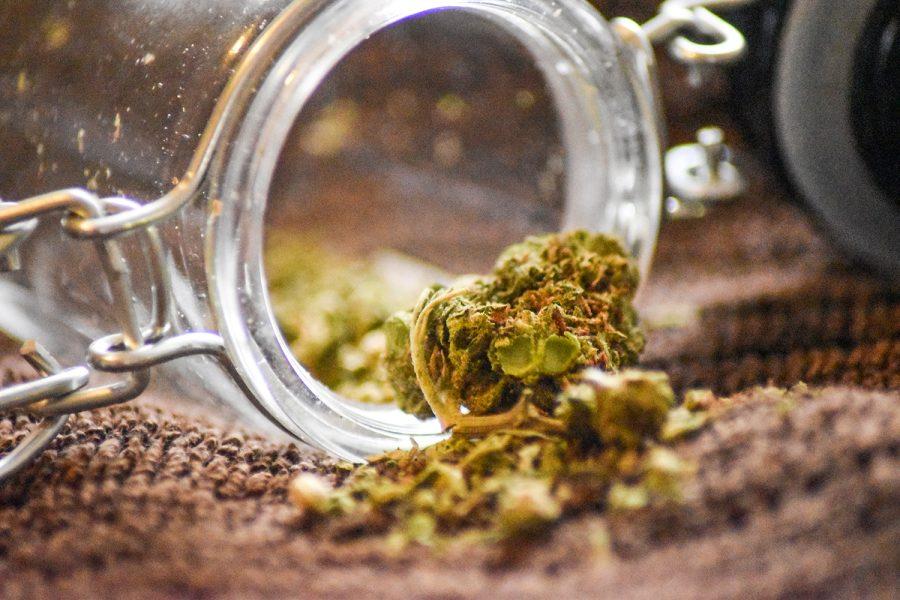Arriving to take on his dual position as vice president for student affairs and vice provost at the University in July 2016, Thomas Gibson has tried to make his presence and his desire to listen to the student body known.
At first, he was not interested in the position; he did not even respond to the search consultant who contacted him. There was a lot more he wanted to accomplish at his previous university, Ball State, so when he was contacted a second time by the same consultant, he tried to politely decline.
“He said, ‘Let’s just have a conversation,’” Gibson said. “So, I had a conversation…and when he told me about the…student centeredness…I was hooked, and I wanted to learn more.”
He applied for the position and was hired. The titles of “vice provost” and “vice president for student affairs” are often two separate jobs. Here at the University, it is only one. This allows for greater collaboration on academic affairs, especially when there is a need for the student voice to be involved.
He was no stranger to the uneasy campus climate after the general election and the uncertainty that was being expressed by some students. This prompted the beginning of his Listening Tours.
Last fall semester, Gibson, along with President Mary Ellen Mazey and Provost Rodney Rogers, visited various student and campus organizations to listen to the concerns that many students had post-election.
“I felt that there was something amiss, but I was new and I didn’t know what exactly it was that I was feeling,” he said.
The Listening Tours helped him better understand how students were perceiving campus and what he could do as a new vice president to respond. He was grateful for the learning experience.
To continue the spirit of the Listening Tours he holds First Fridays, where he sits in the Student Union for an hour and a half so students can meet with him and voice their concerns or issues, “whatever is important to them.”
“For me, it’s an opportunity to hear from students, to connect with students, to meet as many students as possible. Most of my work involves being in meetings… These are very intentional opportunities for me to hear from students.”
He also holds office hours for students who may want to visit and speak with him in a private setting.
Even though a year ago the campus climate was tense, Thomas Gibson believes there has been a second shift to the campus climate. He thinks students are finding ways to thrive in the environment that has been put out there by American politics.
He values the new relationships he has with the students he has met, and he hopes that they will not hesitate to come to him if something is wrong.
“I’m hopeful students are maybe now connected to a greater network of support,” he said.
Despite only being here a year, however, Thomas Gibson is working with a lot of different groups on various projects. He is responsible for newly created Drug and Alcohol Task Force on campus and a member of the Sexual Assault Task Force implementation team, which is carrying out the recommendations from the task force report. He’s also working on a late-night program.
“This would… engage students in the evenings and over the weekend… and hopefully serve as an alternative to the bars,” he said. “There’s a lot of students who don’t go to the bars… who don’t consume alcohol, and I want make sure there is programming students want to participate in.”
He is also hoping to develop more student traditions at the University and “has some feelers out.”
He wants more interaction and conversation with students and encourages them to reach out to him for any issues they have.
On the first day of the semester one year ago, while attending the National Panhellenic Greek Council’s annual Yard Show, he declared the University “the best” institution he has ever worked at. He told the crowd he had worked at four different institutions and that “this is home.”
He wants this to reflect in his relationship with the student body.













